University of Padova
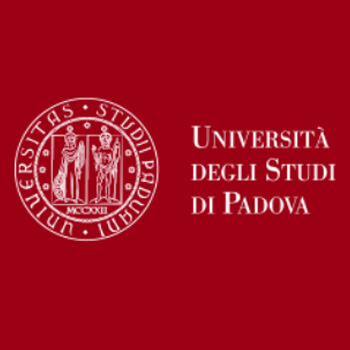
Founded: 1222
Address: Via 8 Febbraio, 2 - Padova, Italy
Phone: +39 049 827 5111
Address: Via 8 Febbraio, 2 - Padova, Italy
Phone: +39 049 827 5111
Here you find out University of Padova complete information about fees, location, degree University of Padova offers, number, website, and much more. University of Padova is a leading university in Padova - Italy.
You can also find out jobs at University of Padova for students, teachers, and professors. We also update the database for an internship at University of Padova for students.
The University of Padova is one of Europe’s oldest and most prestigious seats of learning; it is a multi-disciplinary university that aims to provide its students with both professional training and a solid cultural background. A qualification from the University of Padova is a symbol of having achieved an ambitious objective, one that is recognised and coveted by both students and employers ...alike.
Courses at the University of Padova are constantly updated in order to meet the ever-changing needs of the labour market. Its Healthcare degrees, for instance, cover a wide range of new courses such as Pediatric Nursing (Medical School), or Neuroscience and Neuropsychological Rehabilitation (Psychology). Engineering degree programmes are available in the fields of Civil, Architectural, Environmental, Industrial and Information Engineering.
University of Padova degrees also reflect today’s needs to safeguard both the environment with courses in Environmental Sciences and Technology (Agriculture Sciences), and consumers with Safety and Hygiene of Food Products (Veterinary Medicine). Research into pharmaceuticals is also covered with Pharmaceutical Biotechnologies (Pharmacy), as is research into hi-tech products with a course in Materials Science (Sciences). Great emphasis is also placed on Humanities, such as History and Conservation of Artistic and Cultural Heritage (Arts and Philosophy), and on teacher training with a course in Primary Education (Education).The University’s traditional courses for professionals in Law, Economics, and Business Management are run alongside courses that analyse complex social systems such as Sociological Sciences (Political Sciences) and Statistics, Population and Society (Statistical Sciences).
Furthermore, highly motivated University students may also apply for admission to the Galilean School of Higher Education. After a demanding selection process, each year 30 students are chosen to attend the School’s high-level in-house courses and to use its special services.
The University of Padova was established in 1222, after a group of students and teachers decided to come here from Bologna. They set up a free body of scholars, who were grouped according to their place of origin into nationes, in which students approved statutes, elected the rettore (rector, or chancellor) and chose their teachers, who were paid with money the students collected. Defending freedom of thought in study and teaching became a distinctive feature which today lives on in the University motto: Universa Universis Patavina Libertas.
The introduction of empirical and experimental methods together with the teaching of theory marked the dawn of a golden age. In the 16th and 17th centuries, Padova became a workshop of ideas and the home to figures who changed the cultural and scientific history of humanity. They included Andrea Vesalio, who founded modern anatomy, as well as the astronomer Copernicus, and Galileo, who observed the skies here.
Padova also vaunts the world’s first university botanical garden and a permanent anatomical theatre, which was built by Girolamo Fabrici d’Acquapendente. William Harvey, who became famous for describing the circulation of the blood, studied in Padova, and in 1678 Elena Lucrezia Cornaro Piscopia became the first woman in the world to be awarded a university degree.
The fall of the Serenissima Republic of Venice in 1797 marked the beginning of a dark age. Padova fell under the rule of first the French and then the Austrians, passing through Italy’s tumultuous Risorgimento, which also affected the University.
Between the late 19th and early 20th centuries, the University expanded to include the faculties of Engineering, Pharmacy, and Political Sciences together with its traditional faculties of Law, Medicine, Arts and Philosophy, and Sciences.
The advent of Fascism curtailed the University’s values of free thought and cultural independence. Its professors swore allegiance to the regime, after which the approval of Italy’s racial laws and the expulsion of Jewish professors opened one of the darkest periods in the University’s history. Rector Concetto Marchesi shook the University from its slumber and, at the height of the German occupation made a courageous appeal to the students to fight for the freedom of Italy. For its sacrifices in the name of Liberation, the University of Padova was awarded a gold medal for military valour, the only university to receive such an honour.
During the post-war period, the University opened faculties of Education, Agricultural Sciences, and Psychology and, in the 1990s, faculties of Veterinary Medicine, and Economics and Business Administration. In the 20th century, the University of Padova produced great literary figures such as Diego Valeri and Concetto Marchesi; engineers of the stature of Giuseppe Colombo, the “master of celestial mechanics”; mathematicians such as Tullio Levi Civita; jurists Alfredo Rocco and Livio Paladin; philosophers Luigi Stefanini and Enrico Opocher; and doctors like Vincenzo Gallucci, who carried out the first heart transplant in Italy. The new millennium opened with some important new discoveries, particularly in medicine, biomedicine, engineering and aerospace technology.
You can also find out jobs at University of Padova for students, teachers, and professors. We also update the database for an internship at University of Padova for students.
The University of Padova is one of Europe’s oldest and most prestigious seats of learning; it is a multi-disciplinary university that aims to provide its students with both professional training and a solid cultural background. A qualification from the University of Padova is a symbol of having achieved an ambitious objective, one that is recognised and coveted by both students and employers ...alike.
Courses at the University of Padova are constantly updated in order to meet the ever-changing needs of the labour market. Its Healthcare degrees, for instance, cover a wide range of new courses such as Pediatric Nursing (Medical School), or Neuroscience and Neuropsychological Rehabilitation (Psychology). Engineering degree programmes are available in the fields of Civil, Architectural, Environmental, Industrial and Information Engineering.
University of Padova degrees also reflect today’s needs to safeguard both the environment with courses in Environmental Sciences and Technology (Agriculture Sciences), and consumers with Safety and Hygiene of Food Products (Veterinary Medicine). Research into pharmaceuticals is also covered with Pharmaceutical Biotechnologies (Pharmacy), as is research into hi-tech products with a course in Materials Science (Sciences). Great emphasis is also placed on Humanities, such as History and Conservation of Artistic and Cultural Heritage (Arts and Philosophy), and on teacher training with a course in Primary Education (Education).The University’s traditional courses for professionals in Law, Economics, and Business Management are run alongside courses that analyse complex social systems such as Sociological Sciences (Political Sciences) and Statistics, Population and Society (Statistical Sciences).
Furthermore, highly motivated University students may also apply for admission to the Galilean School of Higher Education. After a demanding selection process, each year 30 students are chosen to attend the School’s high-level in-house courses and to use its special services.
The University of Padova was established in 1222, after a group of students and teachers decided to come here from Bologna. They set up a free body of scholars, who were grouped according to their place of origin into nationes, in which students approved statutes, elected the rettore (rector, or chancellor) and chose their teachers, who were paid with money the students collected. Defending freedom of thought in study and teaching became a distinctive feature which today lives on in the University motto: Universa Universis Patavina Libertas.
The introduction of empirical and experimental methods together with the teaching of theory marked the dawn of a golden age. In the 16th and 17th centuries, Padova became a workshop of ideas and the home to figures who changed the cultural and scientific history of humanity. They included Andrea Vesalio, who founded modern anatomy, as well as the astronomer Copernicus, and Galileo, who observed the skies here.
Padova also vaunts the world’s first university botanical garden and a permanent anatomical theatre, which was built by Girolamo Fabrici d’Acquapendente. William Harvey, who became famous for describing the circulation of the blood, studied in Padova, and in 1678 Elena Lucrezia Cornaro Piscopia became the first woman in the world to be awarded a university degree.
The fall of the Serenissima Republic of Venice in 1797 marked the beginning of a dark age. Padova fell under the rule of first the French and then the Austrians, passing through Italy’s tumultuous Risorgimento, which also affected the University.
Between the late 19th and early 20th centuries, the University expanded to include the faculties of Engineering, Pharmacy, and Political Sciences together with its traditional faculties of Law, Medicine, Arts and Philosophy, and Sciences.
The advent of Fascism curtailed the University’s values of free thought and cultural independence. Its professors swore allegiance to the regime, after which the approval of Italy’s racial laws and the expulsion of Jewish professors opened one of the darkest periods in the University’s history. Rector Concetto Marchesi shook the University from its slumber and, at the height of the German occupation made a courageous appeal to the students to fight for the freedom of Italy. For its sacrifices in the name of Liberation, the University of Padova was awarded a gold medal for military valour, the only university to receive such an honour.
During the post-war period, the University opened faculties of Education, Agricultural Sciences, and Psychology and, in the 1990s, faculties of Veterinary Medicine, and Economics and Business Administration. In the 20th century, the University of Padova produced great literary figures such as Diego Valeri and Concetto Marchesi; engineers of the stature of Giuseppe Colombo, the “master of celestial mechanics”; mathematicians such as Tullio Levi Civita; jurists Alfredo Rocco and Livio Paladin; philosophers Luigi Stefanini and Enrico Opocher; and doctors like Vincenzo Gallucci, who carried out the first heart transplant in Italy. The new millennium opened with some important new discoveries, particularly in medicine, biomedicine, engineering and aerospace technology.
Read More
Details:
LeaderShip:
Fees:
Time:
Phone Number: +39 049 827 5111
City: Padova
Fees:
Time:
Phone Number: +39 049 827 5111
City: Padova
Timing:
Country: Italy
Staff:
Website: http://www.unipd.it
Country: Italy
Staff:
Website: http://www.unipd.it
Subjects:
Jobs in University of Padova
Currently, there is no job opening in University of Padova as per our database.

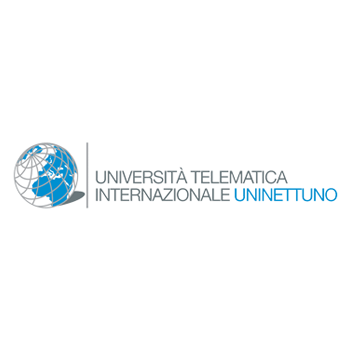
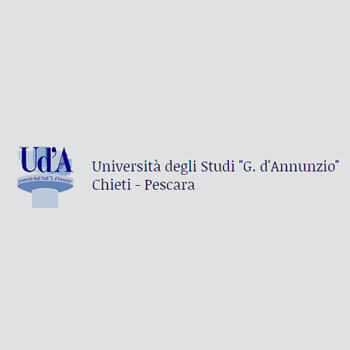


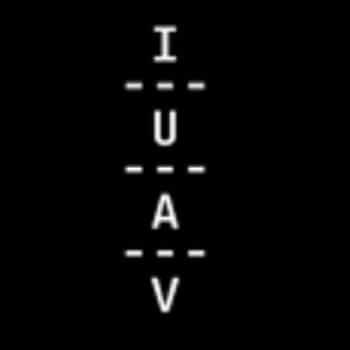
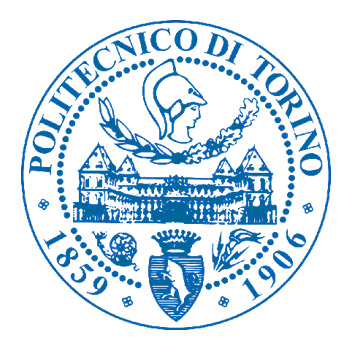
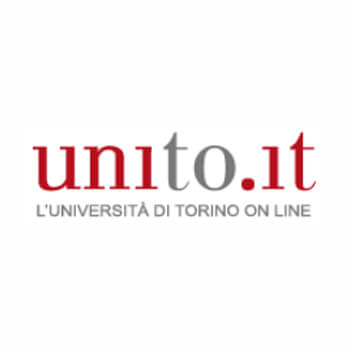
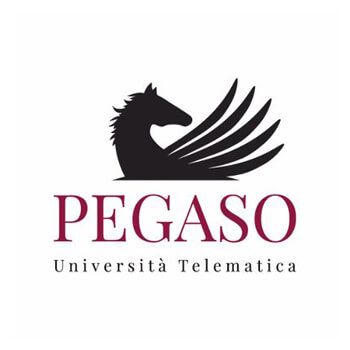










Leave a Reply